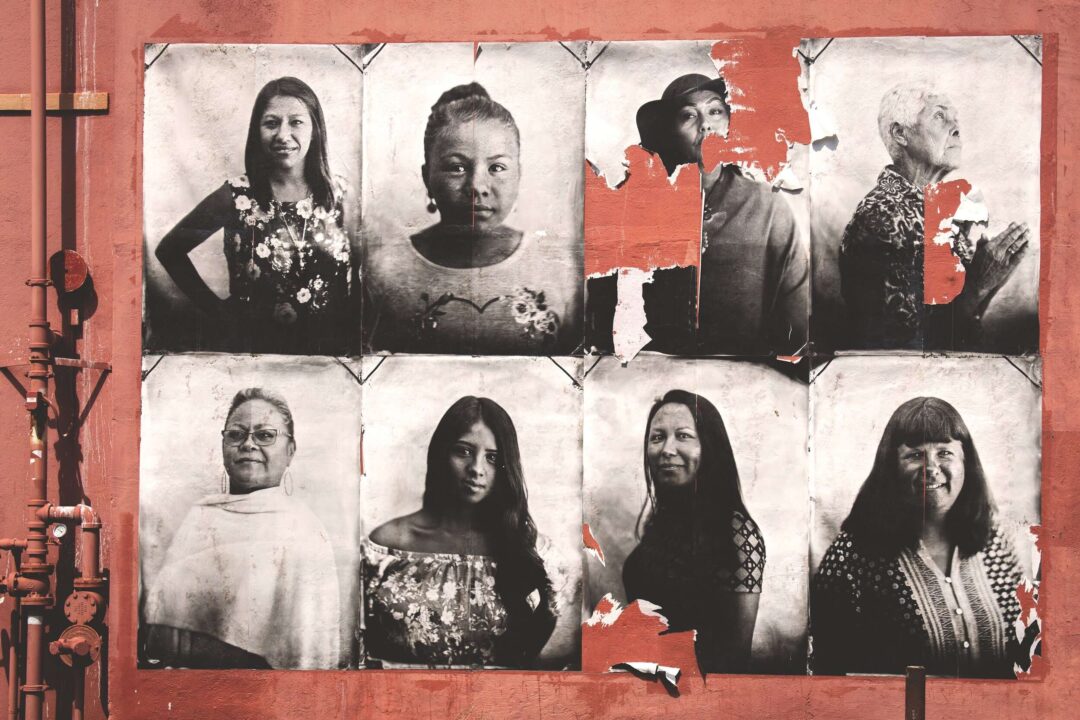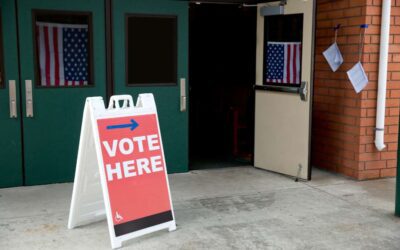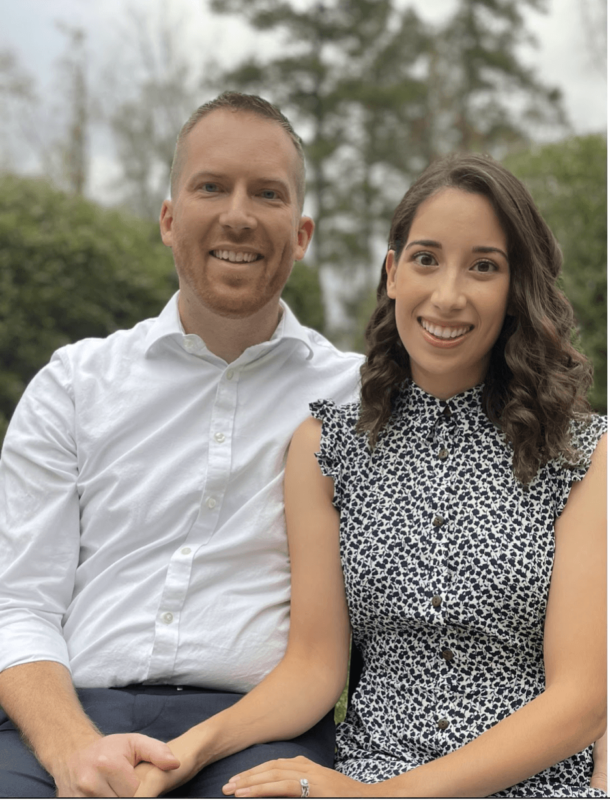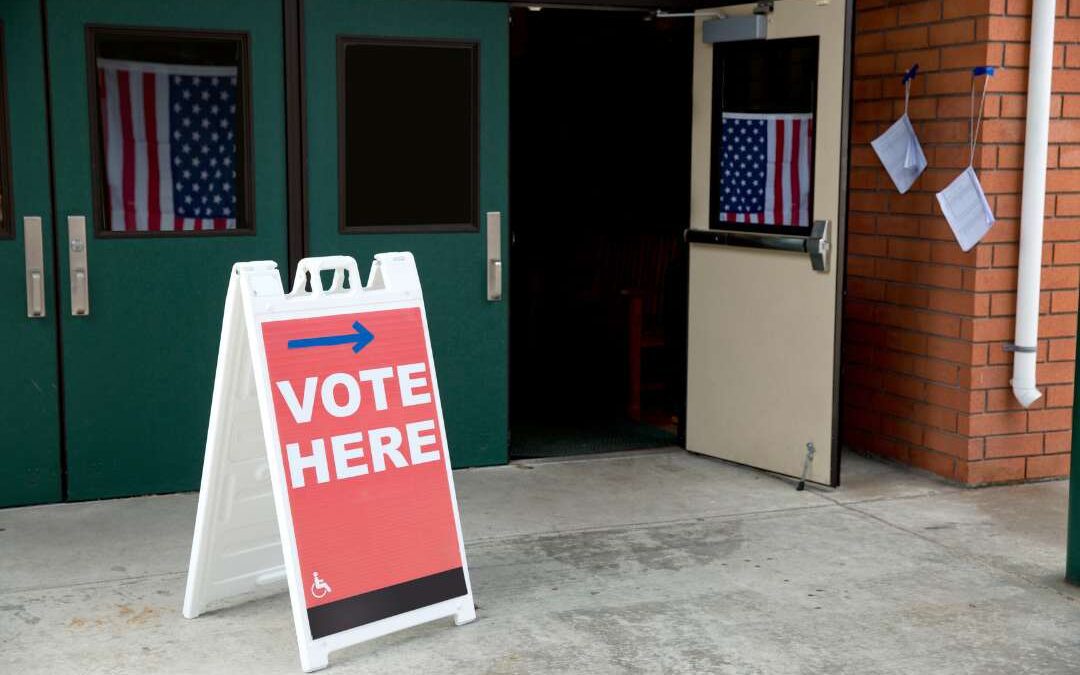In part one of this series, we looked at the history and the meaning of the terms Hispanic, Latino, and Afro-Latino to depict the diversity of Hispanic and Latino minorities in America. We concluded that properly recognizing Hispanics and Latinos as not being “white” will help us to understand that they are also subject to racial injustice. We turn now to consider some reasons why the Hispanic voice is generally silent and ignored when the Western church addresses racial justice and the need for reconciliation.
The reasons why Hispanics are often left out of race conversations in America are multifaceted and complex. White-black relations take center stage for obvious historic reasons, but race conversations ought not to exclude Hispanics from the table. Digging further, we find three main factors that continue to minimize the racial suffering of Hispanics. Understanding these factors can help the church to better understand and love its Hispanic and Latino members.
Our first factor that leads to sidelining Hispanics in racial conversations is that Hispanics in America have been historically treated as foreigners, even though the Hispanic community was present in the US before it became a nation.. Today, Hispanics are the largest ethnic or racial minority group with a population surpassing 60 million, yet their presence is often overlooked in America (1). However, Hispanics and Latinos have stories to tell and a clear message to speak to the racial issues at hand (2).
Second, in Hispanic and Latino cultures, a high value is placed on the collective over the individual and on honoring others. The family is highly valued and there is an emphasis on honoring those who are older. Because of this, Hispanics and Latinos will wait for a break in the conversation on racial justice and for an invitation to voice their racial struggles before speaking. An invitation to speak, however, raises its own set of issues. For many, their experience with racial injustice cannot be divorced from their family’s experience as immigrants in America. In prioritizing the collective over the individual, they will often seek to protect their family which might mean remaining silent rather than risk exposing their families to any potential harm that speaking out might bring. Because those foreign to Hispanic and Latino cultures are less sensitive to these realities, others can take someone’s reluctance to speak about racial issues as indifference.
Third, generational differences among Hispanics lead to different responses to racial injustice. First generation Hispanic immigrants are more likely to endure racial injustice in order to provide for and protect their families rather than voice their racial struggles. The second generation grows in an environment of two conflicting worlds. They do not belong to the nation their parents left, but their new nation rejects them and identifies them as foreigners even though they were born here. This conflict leads them to also focus on protecting their families rather than voice their experience with racial injustice.
The following generations can be divided into two groups. First are those who have assimilated into the culture, which generally protects them from feeling the rejection and difficulty of being a Hispanic minority in America. The other is a younger group who, having seen the issues of their former generations, desire to have their voices heard. However, they do not have leading Hispanic voices to follow. Consequently, they listen to and follow other minority voices (e.g., African American voices) who are leading the conversation of racial justice and the need for reconciliation. Unfortunately, these leading voices do not recognize the Hispanic racial struggle or see the Hispanic community as a group that they can empower. Therefore, new voices are not emerging from the Hispanic community (3).
These three factors—treatment as foreigners, a cultural tendency to remain silent, and generational differences—highlight how the Hispanic and Latino experience is unique among other racial groups in America. Unfortunately, the western church has followed the pattern of overlooking or completely ignoring the Hispanic and Latino experience with racial injustice.
There are many good reasons why black and white church leaders should lead the conversation on racial reconciliation. The temptation, however, is to power-rank the pain and suffering that is caused by the many evils of racial injustice. When this happens, the pain and suffering of different ethnic and racial minorities is minimized or completely ignored. This communicates to them that their suffering does not matter or that their experiences with racial injustice are not painful enough to speak to the racial issues at hand. This is a lie.
God does not power-rank the suffering that is caused by the many evils of racial injustice (or any suffering). God sees the tears of the oppressed (Ecclesiastes 4:1) and hears the cries of every suffering heart (Psalm 18:6). God knows and cares about all suffering and is moved to act on behalf of the vulnerable, those who are overlooked and forgotten.
When the western church slows the conversation enough to communicate honor and give Hispanics and Latinos the opportunity to voice their experience with racial injustice, we expand the conversation to better see God’s reconciling work from different angles, and we gain insight into what God is doing in multi-ethnic and multi-racial communities here in America.
If we look to God’s grand story of redemption, we will see his purpose to reconcile to himself “a great multitude that no one could number, from every nation, from all tribes and peoples and languages” (Revelation. 7:9). Brothers and sisters, we know how the story ends. We know that racial reconciliation is not bound to the black and white communities. Let us then lift our eyes and recognize, listen to, and voice the racial struggles of the many minority groups that are often ignored and forgotten when addressing racial injustice and the need for reconciliation.
- (1) U.S. Census Bureau, Facts for Features: Hispanic Heritage Month 2018 (Washington, D.C.: U.S. Department of Commerce, 2018), 1, available at https://www.census.gov/content/dam/Census/library/visualizations/2018/comm/hispanic-fff-2018.pdf. Luis Noe-Bustamante, Mark Hugo Lopez, and Jens Manuel Krogstad, “U.S. Hispanic population surpassed 60 million in 2019, but growth has slowed,” Pew Research Center, July 7, 2020, available at https://www.pewresearch.org/fact-tank/2020/07/07/u-s-hispanic-population-surpassed-60-million-in-2019-but-growth-has-slowed/.
- (2) This section is heavily informed by a conversation with José Portillo, church planter and pastor of Vive Charlotte Church in Charlotte, NC. José was born in Costa Rica to missionary parents and now ministers in a Hispanic context.
- (3) The generational differences described here are heavily informed by a conversation with José Portillo.
Prayer Requests:
- Pray with me for the many ethnic and racial minorities that feel that their racial struggles are overlooked, minimized, or ignored when the western church addresses racial justice and the need for reconciliation.
- Pray that these brothers and sisters would know that God sees, cares, and is moved to act on their behalf.
- Pray for leading voices to recognize the need to include minorities of all ethnicities who are suffering from the many evils of racial injustice.











